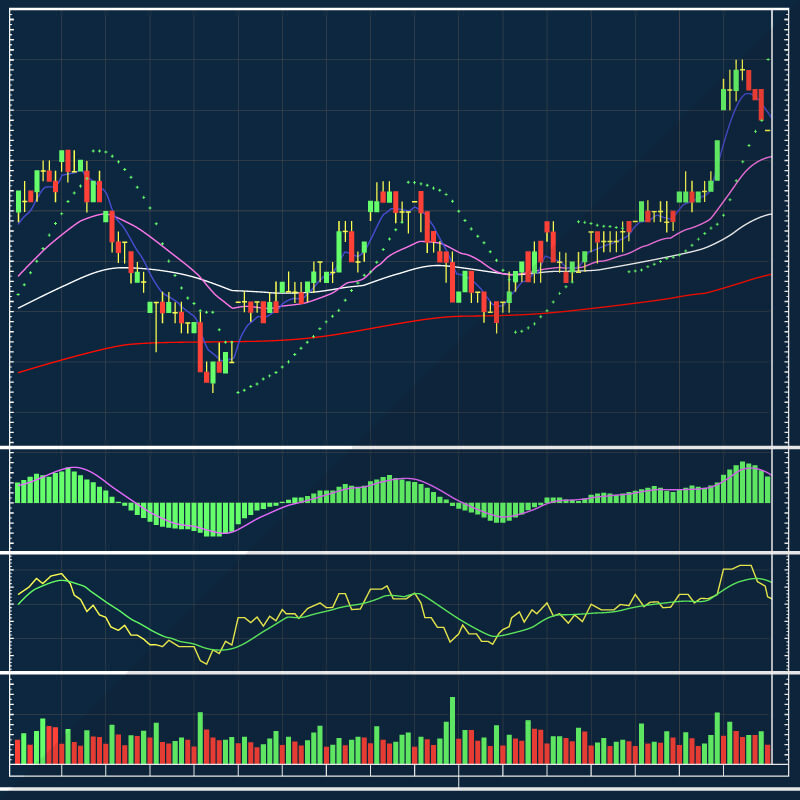Economic indicators provide valuable insights into the health of the economy and can significantly impact stock market performance. Understanding these indicators can help investors make informed decisions and anticipate market trends.

Economic indicators play a crucial role in shaping stock market performance. By understanding and monitoring these indicators, investors can gain valuable insights into market trends and make more informed decisions. A well-rounded investment strategy that considers economic conditions and maintains a long-term perspective can enhance your chances of success in the stock market.




At Investing Magazine Hub, we are dedicated to providing you with the latest insights, analysis, and news from the world of finance and investing. Our mission is to empower investors of all levels with the knowledge and tools they need to make informed decisions and achieve their financial goals.
Get updates straight to your email